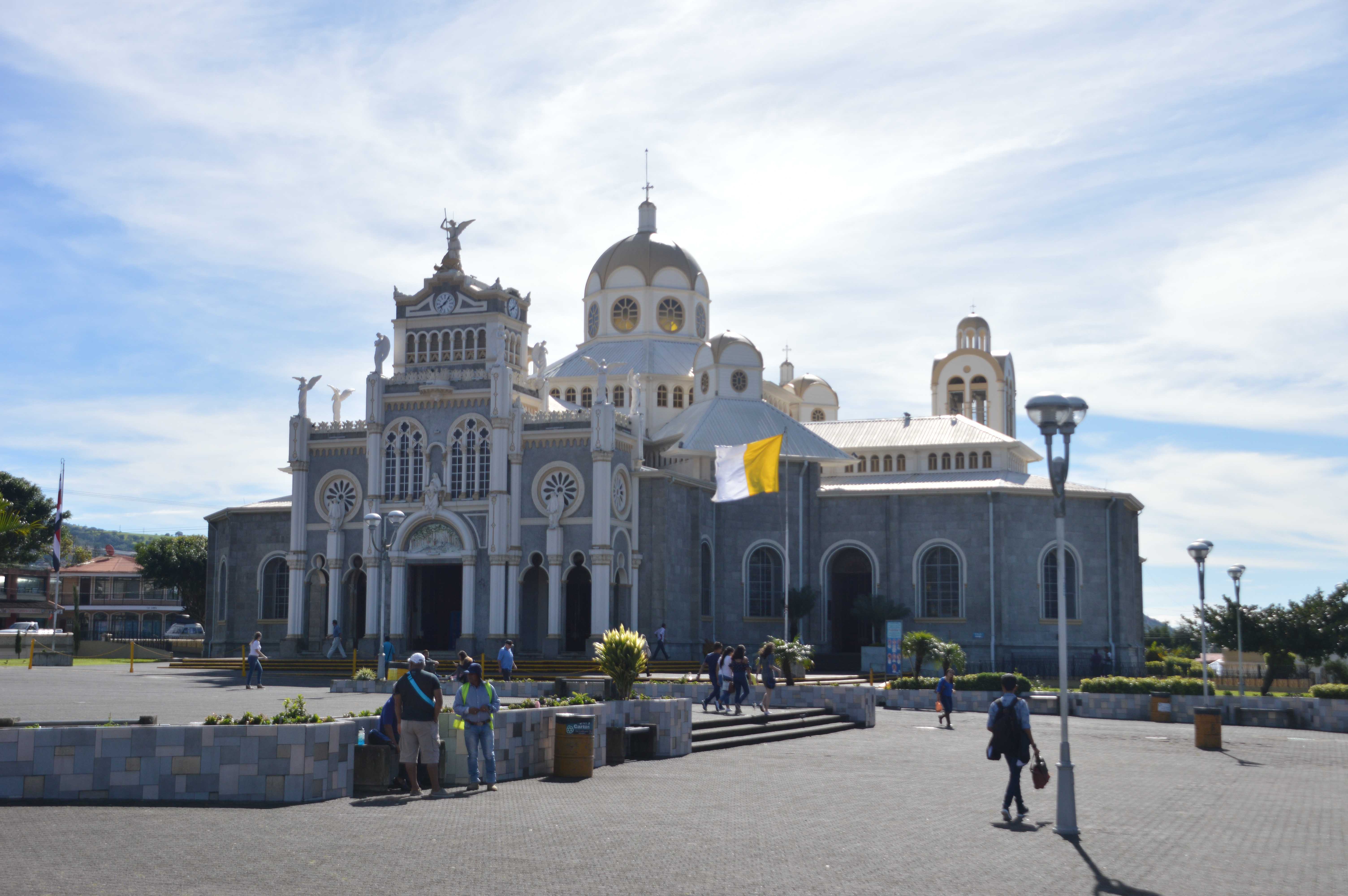
Foto de Cartago, Costa Rica
Cartago, city, east-central Costa Rica. The city lies 4,720 feet (1,439 metres) above sea level in the fertile Valle Central, at the foot of Irazú Volcano. Cartago was founded in 1563 and was the capital of Costa Rica until 1823. No colonial buildings survive, as the city has been damaged
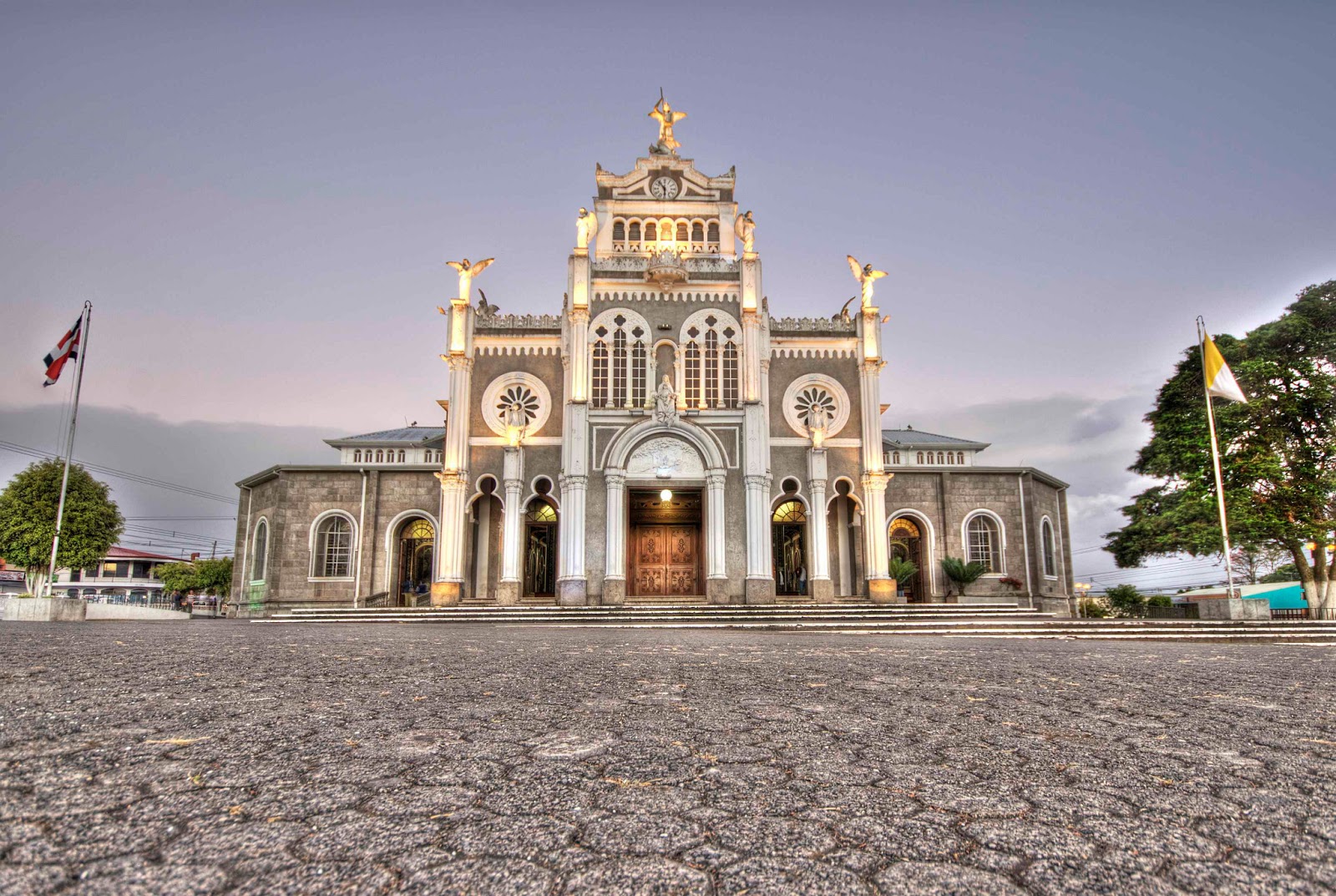
Costa Rica Vacations Packages Costa Rica Tourism Costa Rica Hotels Costa Rica Cities
City of Cartago. Before 1823, Cartago city was the capital of Costa Rica, but due to its location along the foothills of the Volcano Irazú, locals decided to place their capital in a more secure location away from a possible eruption. In 1563, Juan Vasquez de Coronado founded the city as one of the first Spanish settlements in the country. History buffs will love strolling down the streets of.
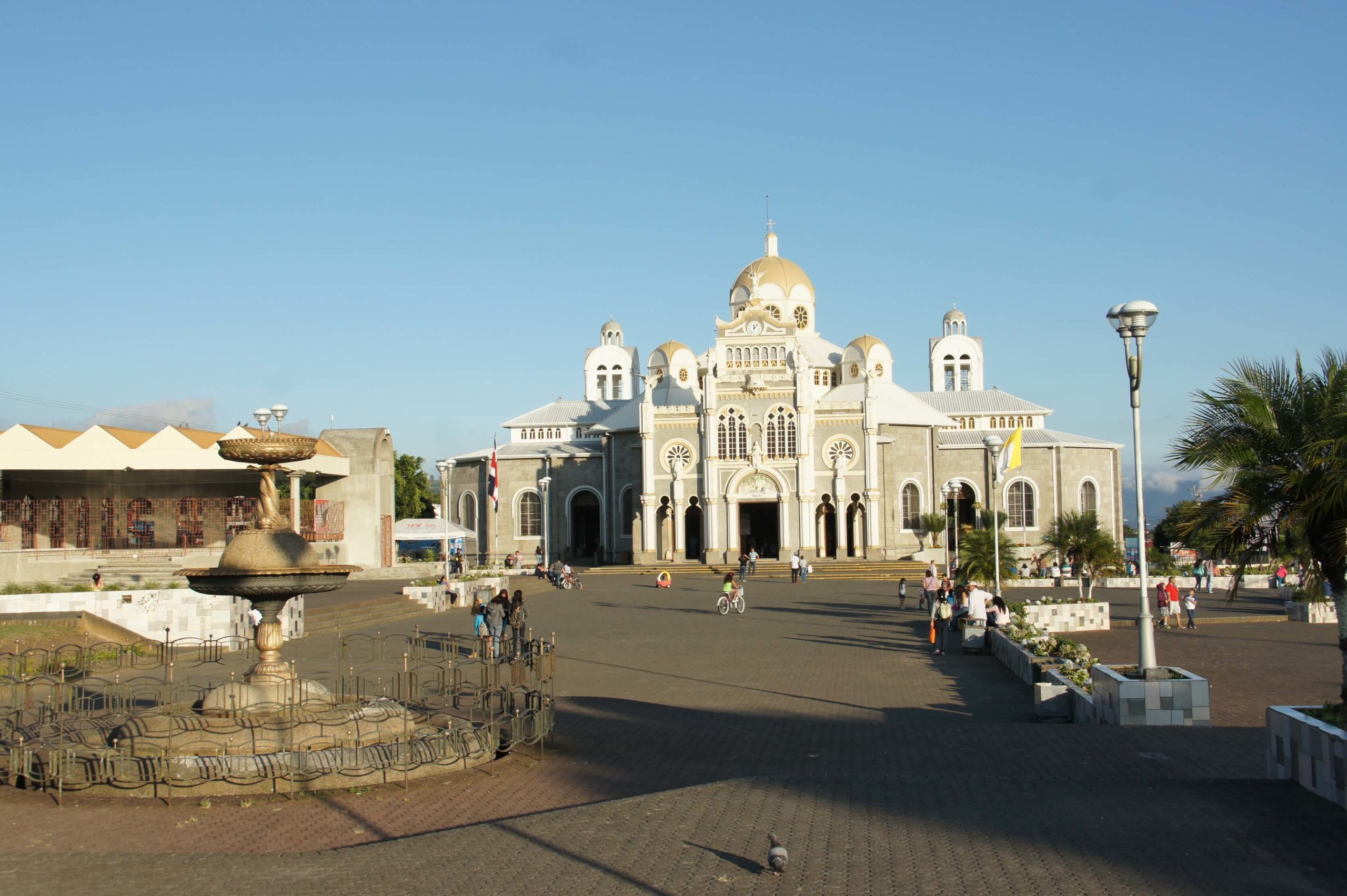
Cartago Costa Rica Travelwider
Costa Rica has many amazing places to visit, and one such place is the stunning city of Cartago in the south eastern portion of the San Jose district. Cartago is the third largest city in the country and has a population of about 200,000 people. The city, once the capital of Costa Rica, thrives with a great agricultural industry.

Catedral Cartago Costa Rica Cartago, Costa rica, Catedral
Staying well-hydrated totally helps with this. Some of the water in the city has an iron smell. In some parts of Cartago, there is a higher level of iron in the water and you can smell it in the shower. It takes a little getting used to, but it's also normal. Just so you know, the water is completely safe to drink, brush your teeth with, etc.
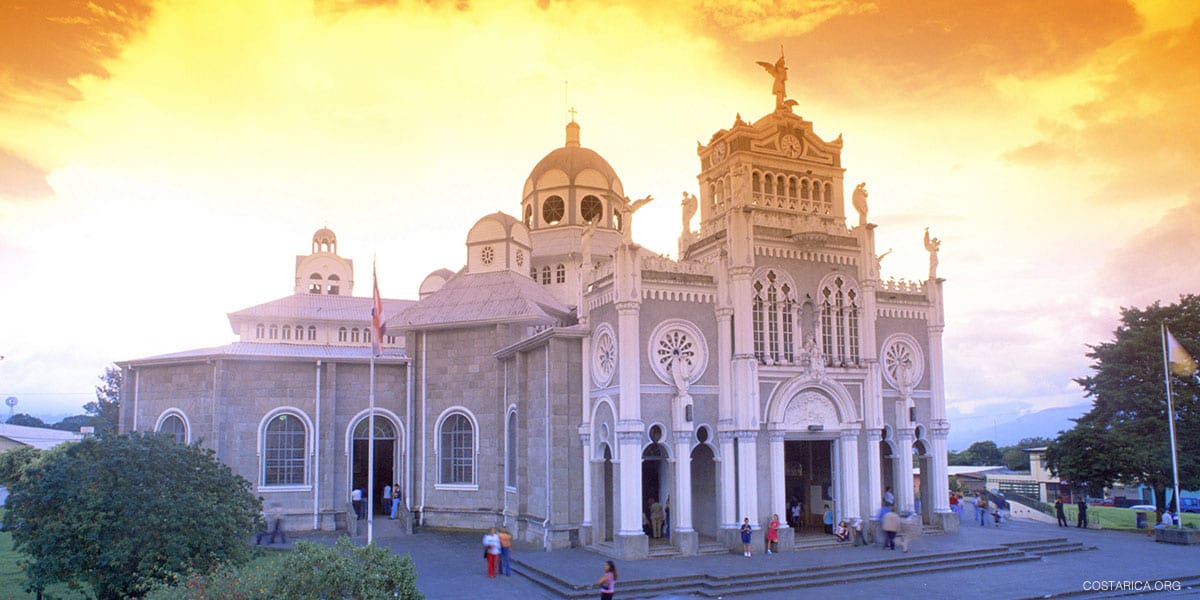
Cartago Costa Rica The ideal destination for the culture buff!
Cartago was once Costa Rica's capital and it is still the country's oldest town. Given the earthquake risks, however, as well as the results of several military battles, capital status was moved to San Jose in 1835. Cartago was left to evolve into a laid-back provincial capital - one with just a few glimpses of its very illustrious past..

How Cartago Became a National Monument in Costa Rica
The Irazú Volcano is Costa Rica's highest active volcano at 11,260 feet (3,432 m). It sits to the north of the city of Cartago, and west of Turrialba. The last major explosion of this volcano was in the 1960s but occasionally you will see a small lava flow. The impressive Irazu Volcano, Costa Rica's highest active volcano.

Things To Do in Cartago Costa Rica Costa Rica Best Ride
Cartago, Costa Rica 249 contributions. 0. Beautiful. It is really majestic and one of the stops too visit while in coast a Rica on the August 2nd the coasran Ricans will travel from their homes to the church. The people that live in Cartago take the bus to San Jose and walk to the church. It is something to see.

Things to do in Cartago Costa Rica Travel Guide by 10Best
Also known as the Ancient Metropoli, Cartago was the capital of Costa Rica until 1823, when this title was transferred to the city of San José. It is a relatively small province, with barely 3.124 km2 and almost 35,000 inhabitants. It is perhaps Costa Rica's most important area in matters of colonial art.
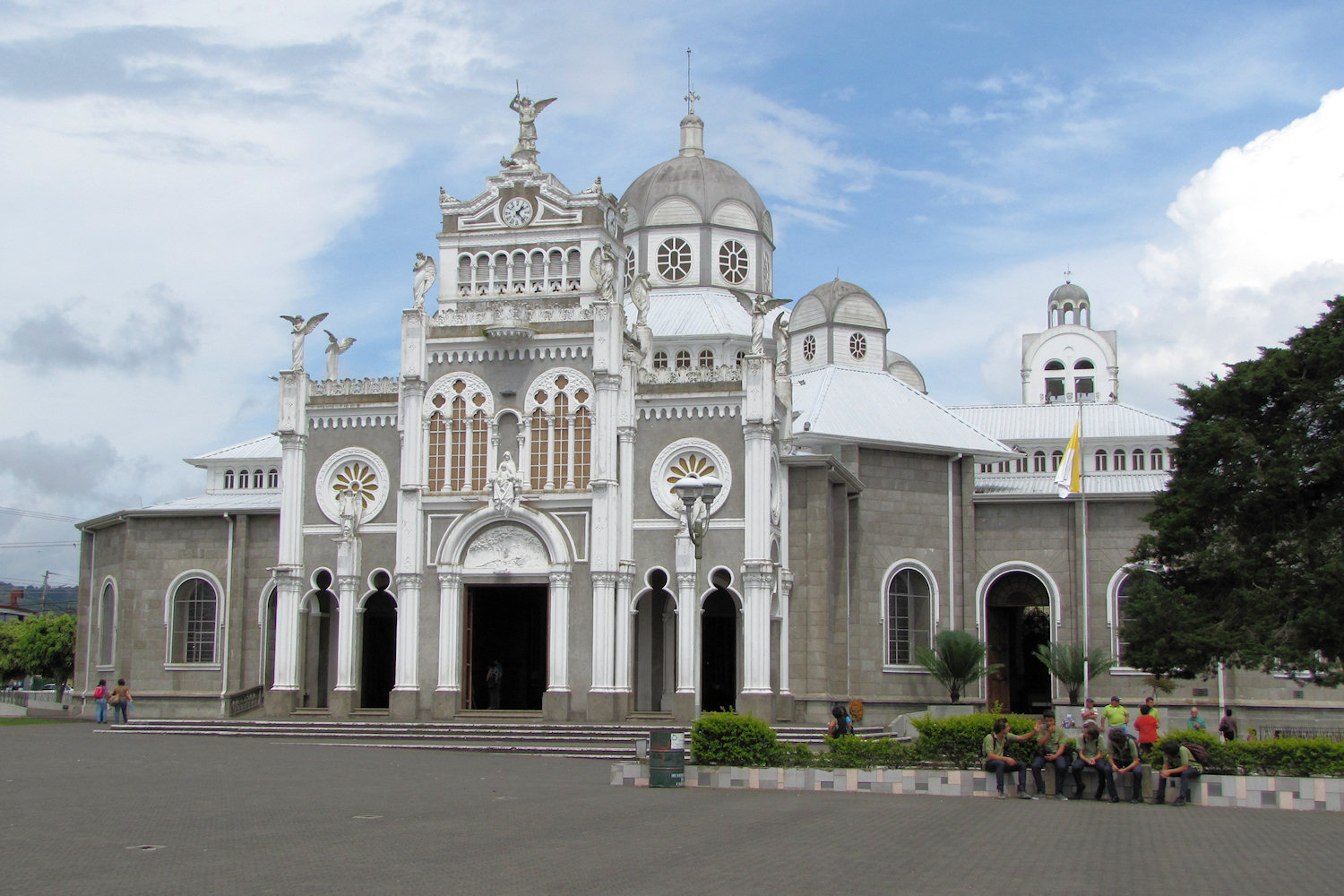
Voyage Cartago Explorator, circuit découverte Cartago
Public Bus to Cartago Costa Rica. If you don't feel comfortable driving on your own, the cheapest option is to take the public bus. The bus leaves from San Jose every 10 minutes every day between 5am and midnight. It will take you about forty-five minutes on the bus from downtown San Jose to downtown Cartago. It's not the most comfortable.

CARTAGO COSTA RICA YouTube
Around 30 km from downtown Cartago, this is one of the most famous volcanoes in Costa Rica. This now-dormant volcano erupted in 1963 when John F. Kennedy was visiting Costa Rica. On Sunday mornings only, a bus from San José takes on passengers at an unmarked point near the bus terminal in Cartago sometime after 08:30 (₡4,000 return) and return at 12:30 from the National Park.
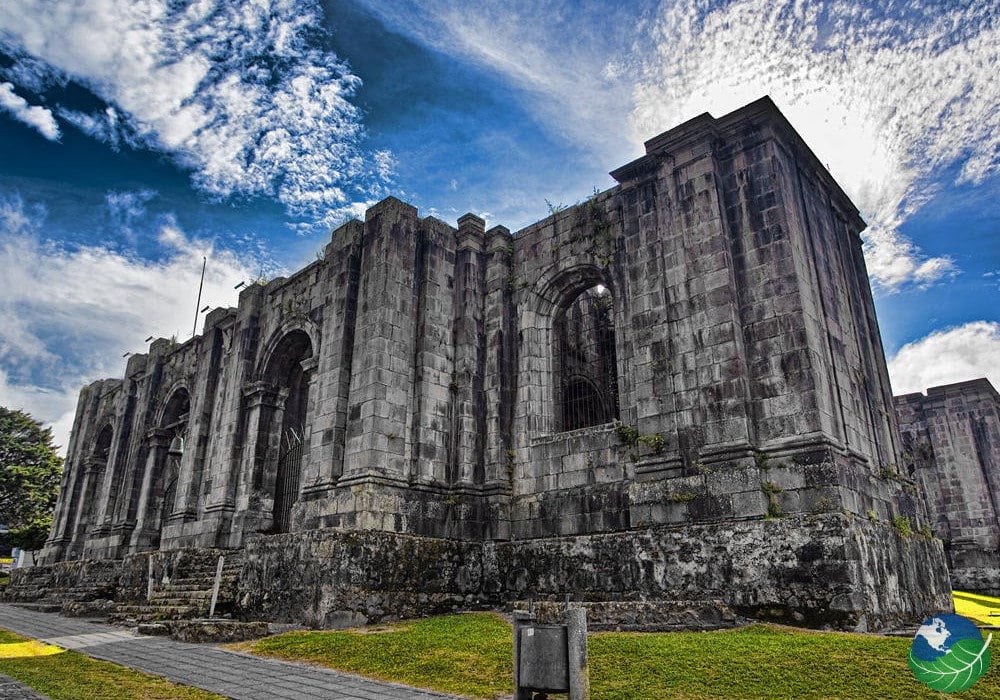
Cartago Costa Rica The ideal destination for the culture buff!
Visiting Cartago is a walk-through Costa Rica's history stepping back in time, learning of its colonial origins. It embodies all that the country is with cultural traditions and religious importance exploring its refreshing landscape. Cartago is surrounded by mountains and rolling hills, a wonderous volcano, coffee plantations, cultural.
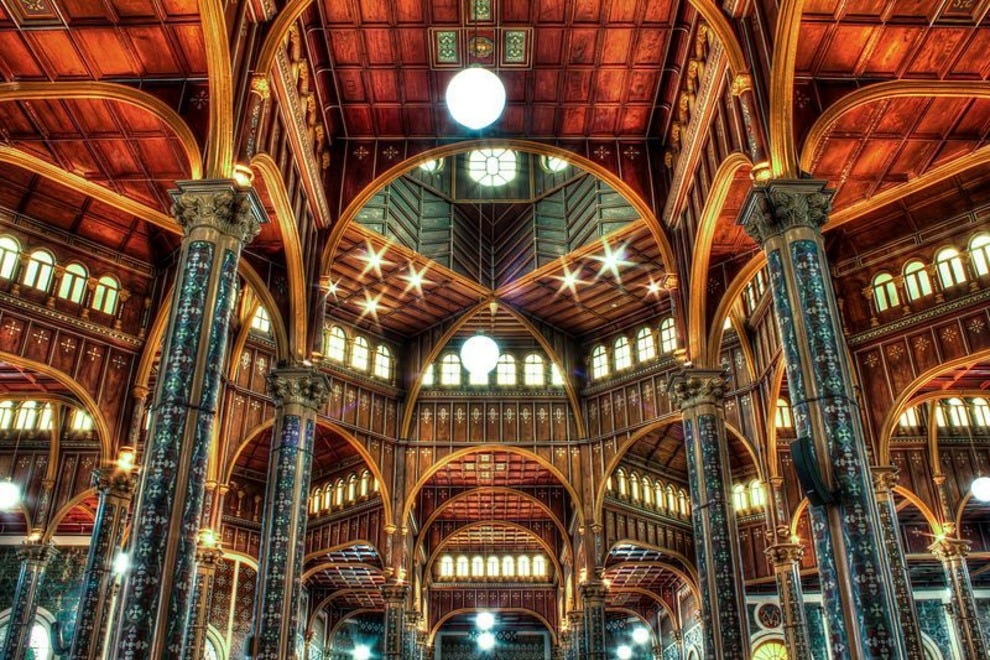
Cartago's Best Attractions
Cartago Tourism: Tripadvisor has 6,652 reviews of Cartago Hotels, Attractions, and Restaurants making it your best Cartago resource.. Rental Cars. Add a Place. More. See all photos. Central America. Costa Rica. Province of Cartago. Cartago. Cartago. Cartago Tourism Cartago Hotels Cartago Bed and Breakfast Cartago Vacation Rentals Flights to.
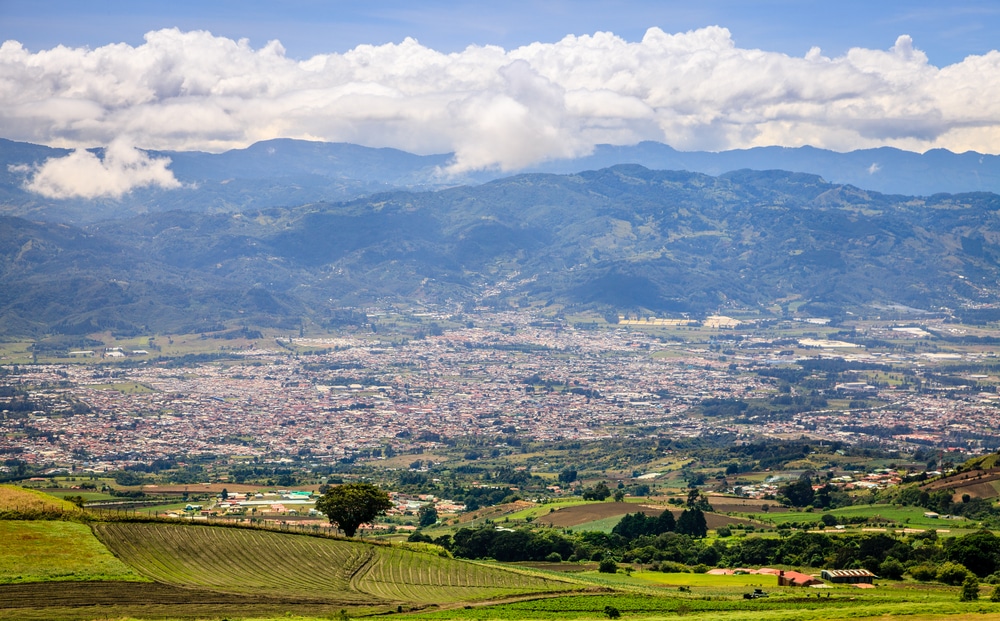
Historic Costa Rica Your Guide to the Ruins of Cartago
Cartago, Costa Rica. / 9.867°N 83.917°W / 9.867; -83.917. Cartago ( Spanish pronunciation: [kaɾˈtaɣo]) is the head city of Cartago canton of the Cartago Province, and is composed of the Oriental and Occidental districts as stated in the administrative divisions of Costa Rica. It was the capital of Costa Rica from 1574 to 1824.
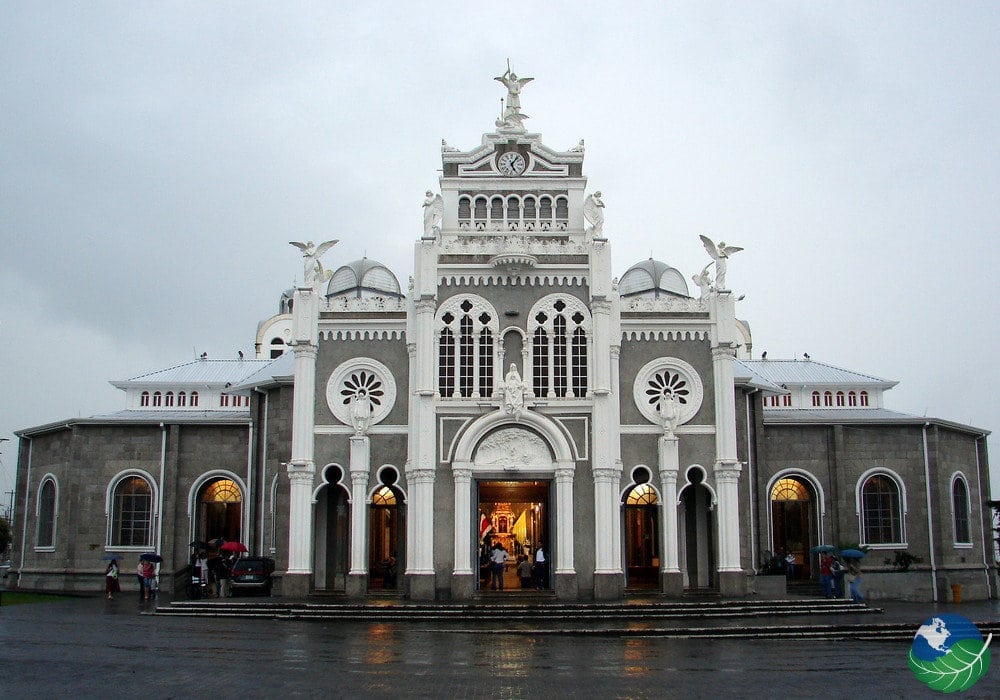
Cartago Costa Rica The ideal destination for the culture buff!
Cartago, Cartago. Located near the foothills of the Irazu Volcano in the Central Valley of Cartago, the namesake capital city is one of the oldest towns in the country. Cartago was once the capital of Costa Rica, but it was partially destroyed by a volcanic eruption in 1732, and San Jose later took over as the cultural and entertainment center.

Ruinas de Cartago, Costa Rica
The graceful church is today considered the holiest in Costa Rica, and every August 2, the faithful make their pilgrimage to the site. Today, Cartago is a small but bustling city, and a hub for outdoor attractions. Lush, green fields encircle the city, shade-grown coffee seems to grow everywhere, and the history is tangible.

Cartago Costa Rica Travel Guide Rough Guides
Cartago Costa Rica. Central Valley, Costa Rica Cartago Province Elevation : 1575 mts. Cartago Costa Rica Cartago is one of the oldest towns in Costa Rica, founded in 1563 and it was the capital of Costa Rica until 1823. Not many colonial buildings survive, as the city has been damaged frequently by earthquakes and volcanic eruptions. However.